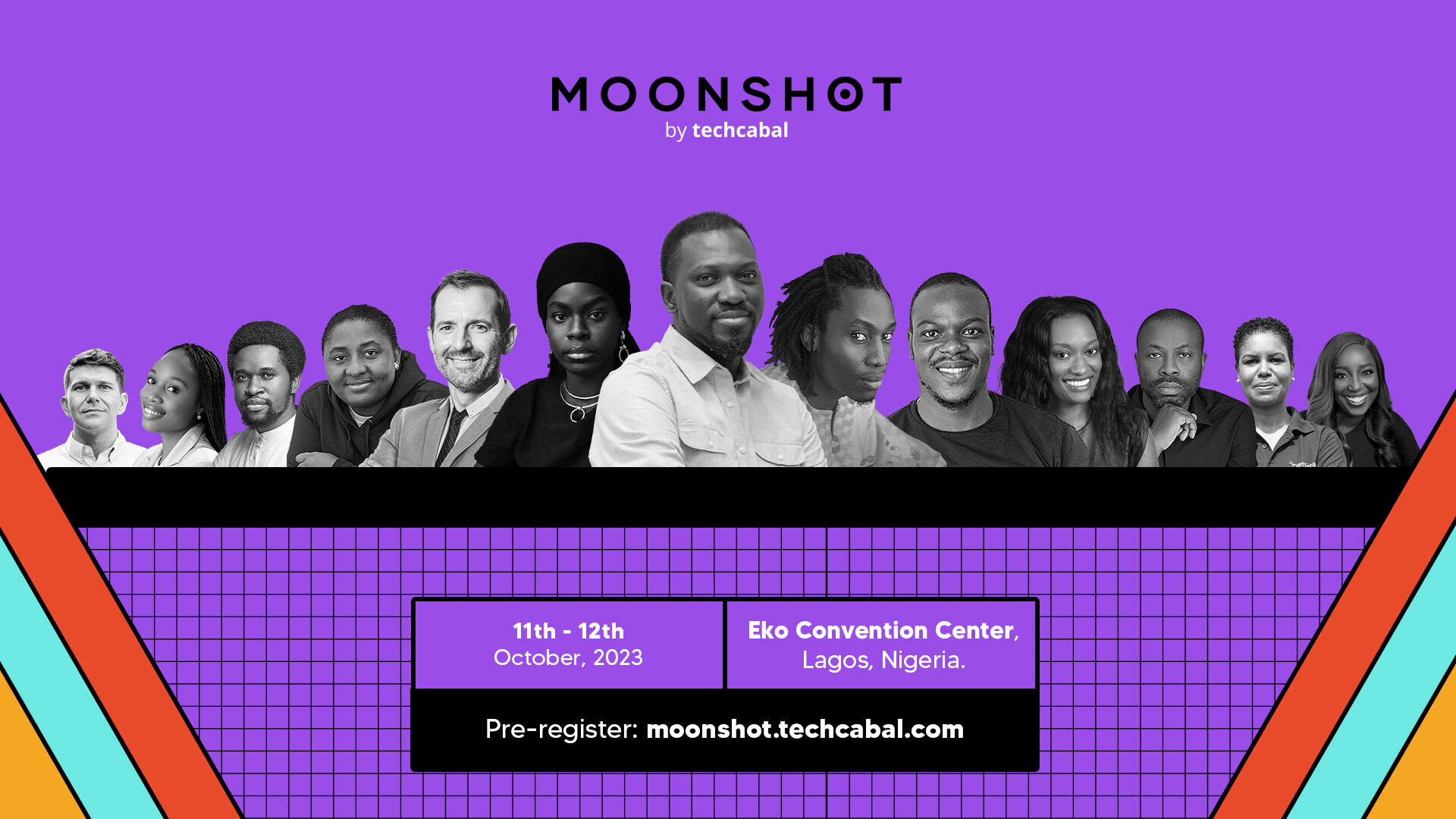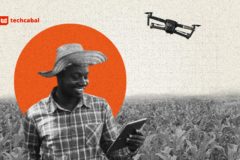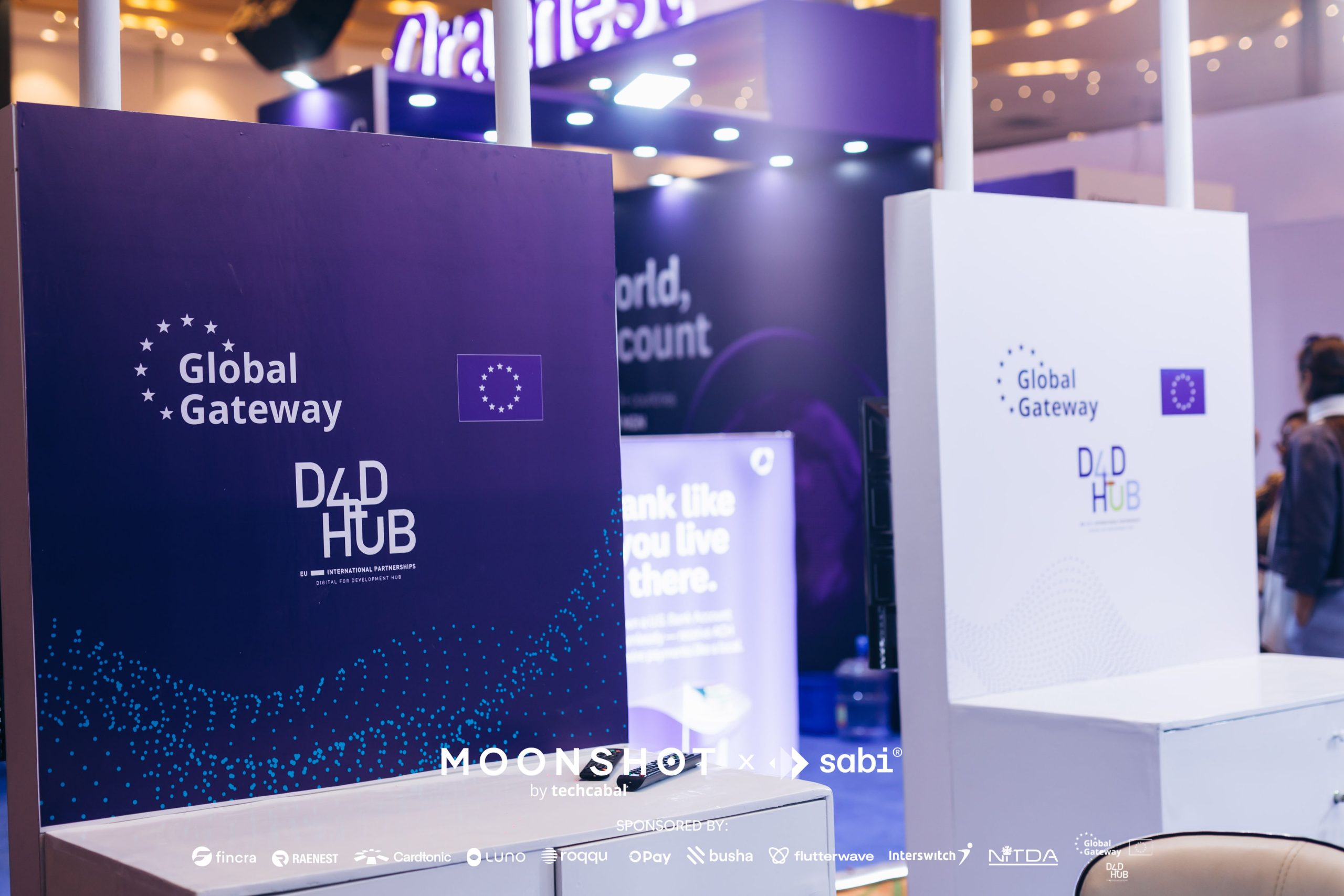Moonshot by TechCabal is the conference that will bring together Africa’s tech ecosystem in person to network, collaborate, share insights and celebrate innovation. Join us in Lagos on October 11 and 12. In this article built around the conference, Faith Omoniyi writes that influencer-marketing can be a viable approach for African startups trying to reach larger audiences, although it comes with several challenges.
More than ever before, African startups are riding on the wings of digital influencers through influencer marketing to increase awareness for and reach of their products and offerings.
Influencer marketing is a type of marketing strategy that focuses on using individuals—influencers—with a significant online presence and a dedicated following to promote products, services, or brands. These influencers have the ability to sway the opinions and purchasing decisions of their followers based on their credibility, authority, and relatability within a specific niche or industry.
When approached strategically, influencer marketing can be a viable approach for African startups, provided it is aligned with the brand’s objectives and target audience, said Edward Israel-Ayide, a public relations and marketing communications consultant. However, forging this alignment and getting influencers to understand a startup’s objectives has proven to be a big challenge, according to Adewale Yusuf, CEO of AltSchool Africa. “You know, [the tech space] is not [influencers’] world. Most of them understand the entertainment scene. Trying to get them onboard [tech products or brands] is like the biggest challenge,” he said.
While brand alignment is crucial for startups-influencer partnerships, influencer marketing is expensive and not suitable for startups that are just starting. “Influencer marketing should come when a startup has found its feet and when they have established a brand identity, so it will inform their choice of influencer marketing,” said Kola Muhammed, editor at Pulse NG.
“Get your books right, get your products right, get your organic marketing right, get your services right before delving into influencer marketing, else an influencer partnership can bring you more traffic than your business can handle,” he added.
One-size-fits-all?
Israel-Ayide notes that while influencer marketing might prove viable for African startups, the relevance and authenticity of the influencers are key ingredients in making influencer- startup collaboration work long term. “Influencers must resonate with the startup’s values, target audience, and brand identity. Authenticity plays a pivotal role, as African consumers tend to forge stronger connections with influencers whose beliefs align with the brand’s message and image.”
Additionally, the diverse cultural landscape across Africa requires nuanced understanding. What might resonate in one region could fall flat in another, said Israel-Ayide. “Startups must collaborate with PR and marketing agencies to undertake extensive research, which will provide them with a comprehensive understanding of local preferences, emerging trends, and cultural nuances, enabling them to select influencers who can effectively represent the brand’s narrative within each setting,” he said.
Afrobeats startup mashup
While startups collaborate with different micro- and nano-influencers to promote their brands, Muhammed is of the opinion that African startups can ride on the wave of the Afrobeats-to-the-world movement. Afrobeats, a term that describes the most popular music coming out of West Africa, is gaining massive acceptance all over the world. While there are obvious and overtly capitalist reasons for the burgeoning interest in music from Africa, Muhammed believes African startups can leverage this influence for brand awareness.
Afrobeats artists are selling out stadiums outside the shores of the continent, meaning further reach for the startups. “Imagine a Flutterwave lighting up the O2 Arena. Music can help tech, tech can help music,” he said. “Take Pepsi, for example: Pepsi goes for the top guys—Pogba, Burna Boy, Michael Jackson, Messi—influencers in their own right, to market their products. I think Nigerian and African startups can also adopt that. Imagine Wizkid or Burna Boy selling out the O2 Arena in London and you have different startup logos flying on the homescreen,” he said.
Did you enjoy this article? Then click this link to register for Moonshot and check out our fast-growing list of speakers coming to the conference!




















